Microsoft SharePointSvr 2013 [76P-01501] SNGL OLP NL
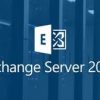
Microsoft Exchange Server Std 2019 SNGL OLP NL
KSh70,600.00 KSh60,000.00
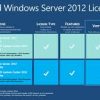
WinSvrStd 2012R2 SNGL OLP NL 2Proc
KSh88,000.00 KSh87,300.00
KSh673,600.00 KSh673,100.00
Microsoft SharePointSvr 2013 [76P-01501] SNGL OLP NL
This product is a part of the Microsoft Open License program and thus requires a LAN or License Access Number. If you do not have an existing LAN, Microsoft requires the purchase of 5 compatible licenses to generate the LAN.
- End User Type: Corporate
- Language: Single Language
- License Type: License
- Offering: Open Business
- Price Level: Z
- Product Line: SharePoint Server
- Version: 2013
Microsoft SharePoint Server 2013 Licensing Microsoft licenses SharePoint Server 2013 under the Server/Client Access License (CAL) licensing model. The Server/CAL licensing model requires both a server license for each copy of the server software a customer installs and uses and CALs for the users (or devices) that access that software. CAL requirements vary based on user status, and CALs are generally required for internal users to access all SharePoint Server software. An exception to this is internal user access to Internet websites (public-facing websites such as e-commerce sites). In this case, the SharePoint CAL requirement is waived. In contrast to the general requirement for CALs for internal user access, CALs are not required for external users to access SharePoint Server. In other words, the server license provides access rights for external users. The same criteria can be used for determining when CALs are required for SharePoint base CALs and Enterprise CALs; however, SharePoint Enterprise CALs are required only if functionality corresponding to the SharePoint Enterprise CAL is accessed. For more information about which SharePoint features are part of the base product and which features are considered additional functionality requiring additive CALs, refer to http://technet.microsoft.com/en-us/library/jj819267.aspx or http://sharepoint.microsoft.com/enus/Pages/Buy.aspx. The following decision tree illustrates whether a user needs a SharePoint CAL or not. “Restricted” refers to content stored inside the firewall for internal access and possibly limited, identified external user access. “Public/Internet” refers to content stored outside the firewall for broad, unrestricted access. Figure 2: SharePoint CAL decision tree Licensing Microsoft SharePoint Server 2013 March 2014 3 Use Scenarios This document also illustrates common deployment scenarios to further explain the licensing requirements of SharePoint Server 2013. Users can license these same deployment scenarios under device-based CALs. Scenario A: Intranet Description: Internal users accessing content, information, or applications inside the firewall through a local area network (LAN) or the Internet. No other users have access. Example: A professional sports team sets up an intranet site that the manager, coach, and players access. It is also used for support staff such as the physiotherapist who is an on-site contractor rather than an employee, and for CAL requirements, an internal user. A news reporter trying to access the SharePoint Server site is denied access. Licensing: Server: One SharePoint Server 2013 license per running instance of the software
Description
Microsoft SharePointSvr 2013 [76P-01501] SNGL OLP NL
This product is a part of the Microsoft Open License program and thus requires a LAN or License Access Number. If you do not have an existing LAN, Microsoft requires the purchase of 5 compatible licenses to generate the LAN.
- End User Type: Corporate
- Language: Single Language
- License Type: License
- Offering: Open Business
- Price Level: Z
- Product Line: SharePoint Server
- Version: 2013
Microsoft SharePoint Server 2013 Licensing Microsoft licenses SharePoint Server 2013 under the Server/Client Access License (CAL) licensing model. The Server/CAL licensing model requires both a server license for each copy of the server software a customer installs and uses and CALs for the users (or devices) that access that software. CAL requirements vary based on user status, and CALs are generally required for internal users to access all SharePoint Server software. An exception to this is internal user access to Internet websites (public-facing websites such as e-commerce sites). In this case, the SharePoint CAL requirement is waived. In contrast to the general requirement for CALs for internal user access, CALs are not required for external users to access SharePoint Server. In other words, the server license provides access rights for external users. The same criteria can be used for determining when CALs are required for SharePoint base CALs and Enterprise CALs; however, SharePoint Enterprise CALs are required only if functionality corresponding to the SharePoint Enterprise CAL is accessed. For more information about which SharePoint features are part of the base product and which features are considered additional functionality requiring additive CALs, refer to http://technet.microsoft.com/en-us/library/jj819267.aspx or http://sharepoint.microsoft.com/enus/Pages/Buy.aspx. The following decision tree illustrates whether a user needs a SharePoint CAL or not. “Restricted” refers to content stored inside the firewall for internal access and possibly limited, identified external user access. “Public/Internet” refers to content stored outside the firewall for broad, unrestricted access. Figure 2: SharePoint CAL decision tree Licensing Microsoft SharePoint Server 2013 March 2014 3 Use Scenarios This document also illustrates common deployment scenarios to further explain the licensing requirements of SharePoint Server 2013. Users can license these same deployment scenarios under device-based CALs. Scenario A: Intranet Description: Internal users accessing content, information, or applications inside the firewall through a local area network (LAN) or the Internet. No other users have access. Example: A professional sports team sets up an intranet site that the manager, coach, and players access. It is also used for support staff such as the physiotherapist who is an on-site contractor rather than an employee, and for CAL requirements, an internal user. A news reporter trying to access the SharePoint Server site is denied access. Licensing: Server: One SharePoint Server 2013 license per running instance of the software
Add your review Cancel reply
Related Products
FREE SHIPPING
Free shipping within Nairobi area and
Agreed charges outside Nairobi



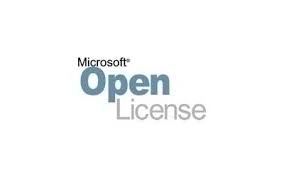
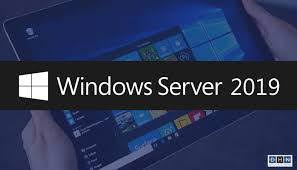
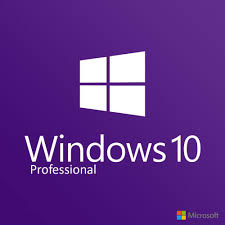
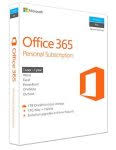
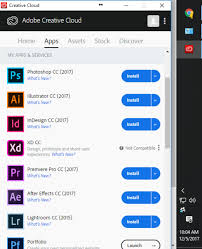
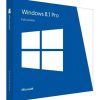
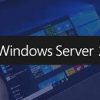


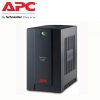

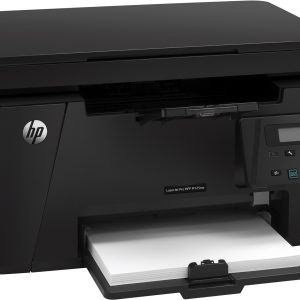
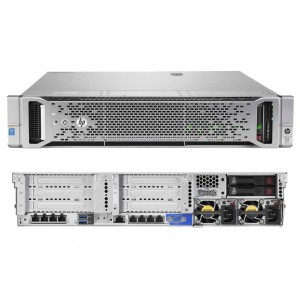
There are no reviews yet.